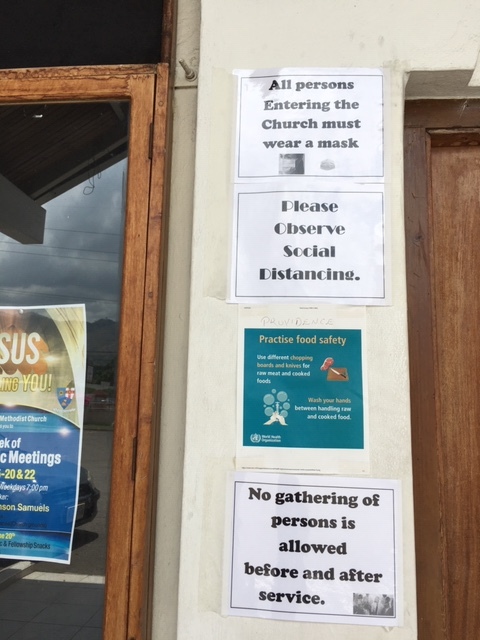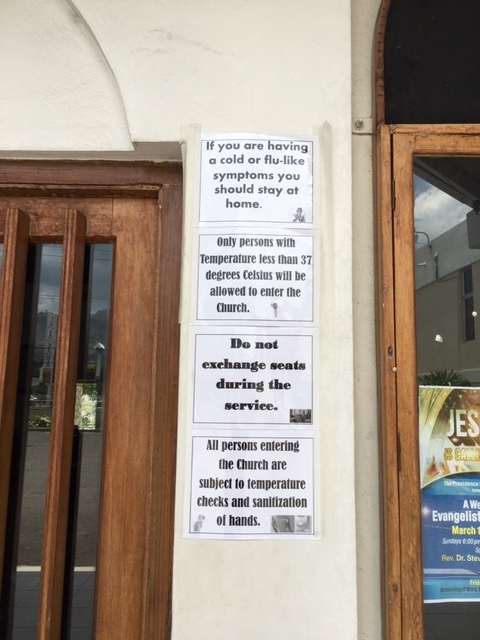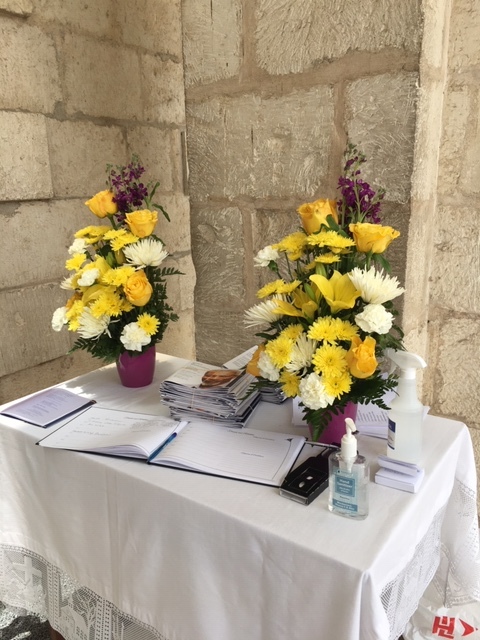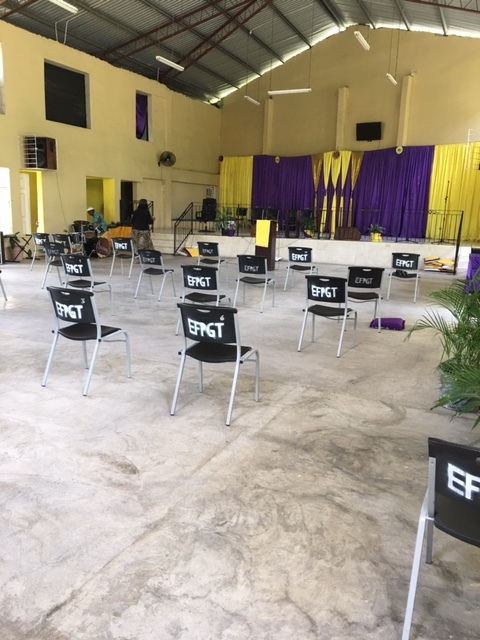Religions of Jamaica
Surprisingly Widespread Approval of the Government's Response
The sources I gathered over the past few weeks have been very government and nationalism focused. The majority of my sources mention or pray for the government. Interestingly, almost every mention of the government and its response to COVID-19 is positive. However, this may not reflect the feelings of the entire Jamaican population. My sources may be biased due to online availabilitity, and the religious population may be more sympathetic to the Prime Minister and Governor General, who are both practicing Seventh-Day Adventists. Some news sources have criticized Jamaica in opening their places of worship starting May 16, citing the strong religious beliefs of Prime Minister Andrew Holness as an influence on his decision. However, religious leaders would likely be more sympathetic to a government that prioritizes religion than the general population. My sources from various religions praised Holness for his quick response to the pandemic and emphasized their willingness to comply with regulations on their worship.
My grandmother, who lives in Kingston, drove around the city and the nearby Blue Mountains to help me collect some more personal data. She said that almost every Church she went to had signs on the door, and had distanced seating marked off:
While this may not be true for all places of worship, this trend of following regulations for places of worship reflects a general respect for the government among religious people in Jamaica.
The only direct criticism I saw among religious sources was in this article:
Sabbath Keeper Cries Foul Amid SDA Church's Silence
It reports that a man across from the newspaper headquarters in Kingston was protesting the days of shopping designated to the residents of his Parish. They were restricted to shopping on Wednesdays and Saturdays, and for members of the Seventh-Day Adventist Church, Saturday is the Sabbath. The protestor, who is a member of Tent City Seventh-Day Adventist Church seemed especially distraught that the Prime Minister and Government General, who were involved in this decision, are also Seventh Day Adventists.
However, the communication director for the Jamaica Union Conference of Seventh Day Adventists released a statement saying, "While we believe that the Seventh-day, Sabbath or Saturday, is the sacred day of worship, the person demonstrating does not speak on behalf of the Seventh-day Adventist Church in Jamaica, and we do not agree with some of his utterances."
This article reiterated my questioning whether all individuals support the government's actions during this time as much as religious authority figures seem to.
Judaism in Jamaica
The Jewish community in Jamaica is a fairly small group. There is only one synagogue on the whole island, but it is fairly historical and well-known for its tradition of having sand on the floor. Most of the Jamaican Jewish sources collected for this project came form the UCI (United Council of Israelites), which is based Jamaica's capital, Kingston in the synagogue.
Rastafarianism in Jamaica
Rastafarianism, a relatively new religion, began in Jamaica and is central to the island's culture. Rastafarianism, a relatively new religion, began in Jamaica during the 1930's and is central to the island's culture. Researching this group is difficult, as there are no central places of worship for the religion. Along with that, many Rastafari renounce participation in modern civilization, such as technology and the market economy. However, I was able to find some interesting video sources from BBC Jamaica. These videos were filmed in the Blue Mountains of Jamaica, at the Haile Selassie School of Vision, a Rastafari commune. The founder and leader of the camp, Dermot Fagan, believes that the pandemic is a test run from the Devil to fulfill his ultimate plan of the "Mark of the Beast" a reference to the apocalyptic Revelation verse.
Learn more about this religion at the Rastafari Britannica Encyclopedia Page




